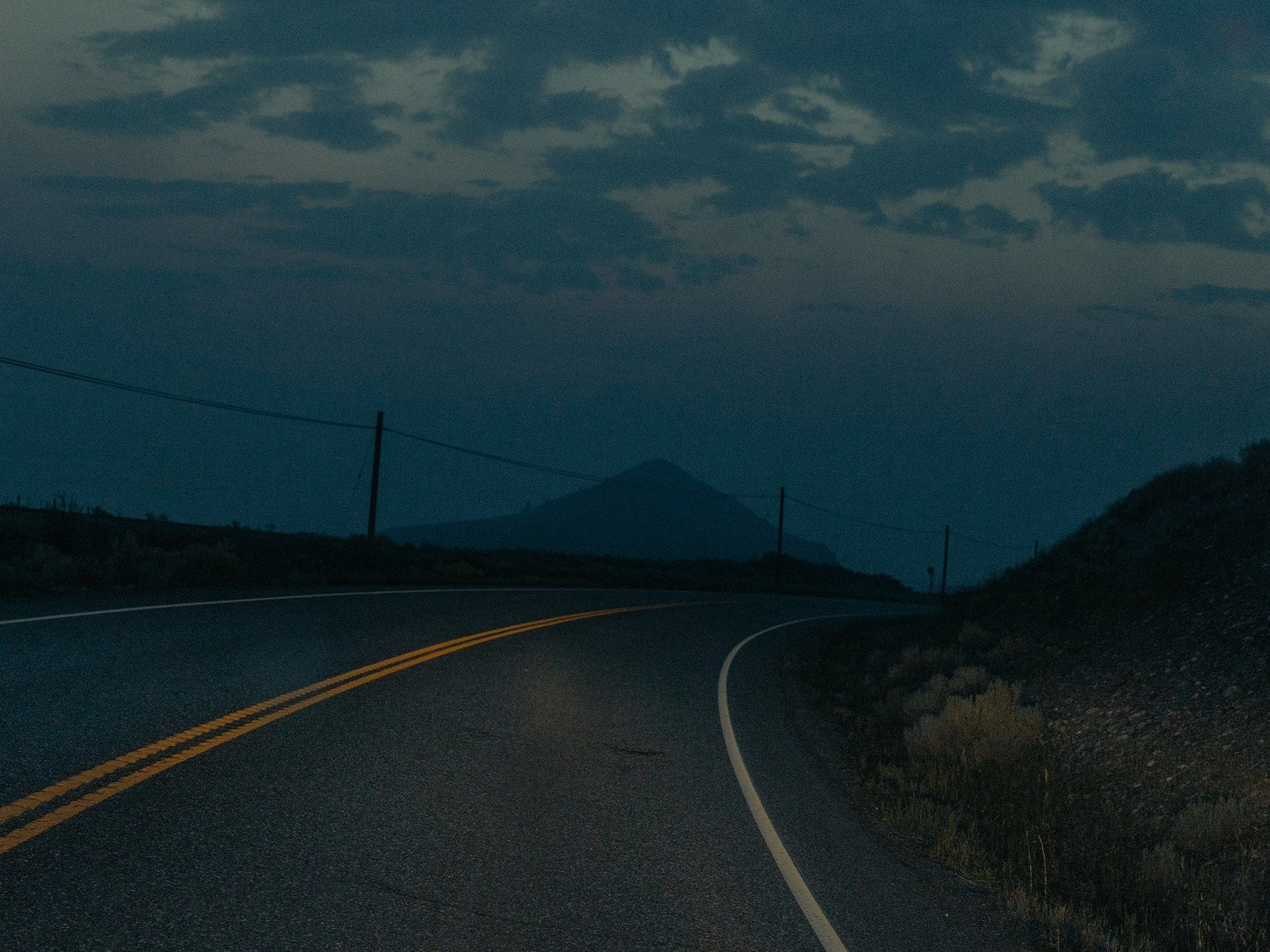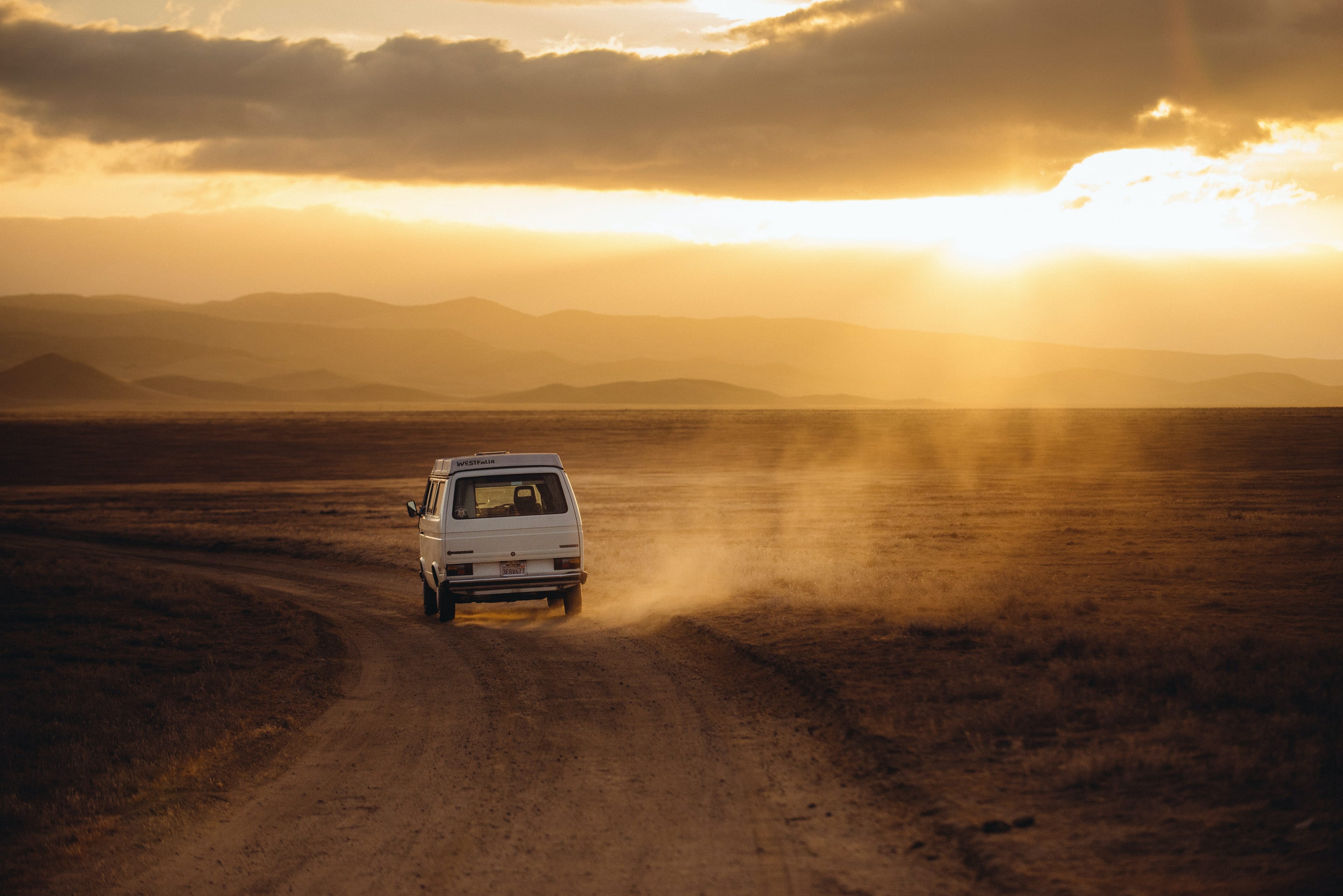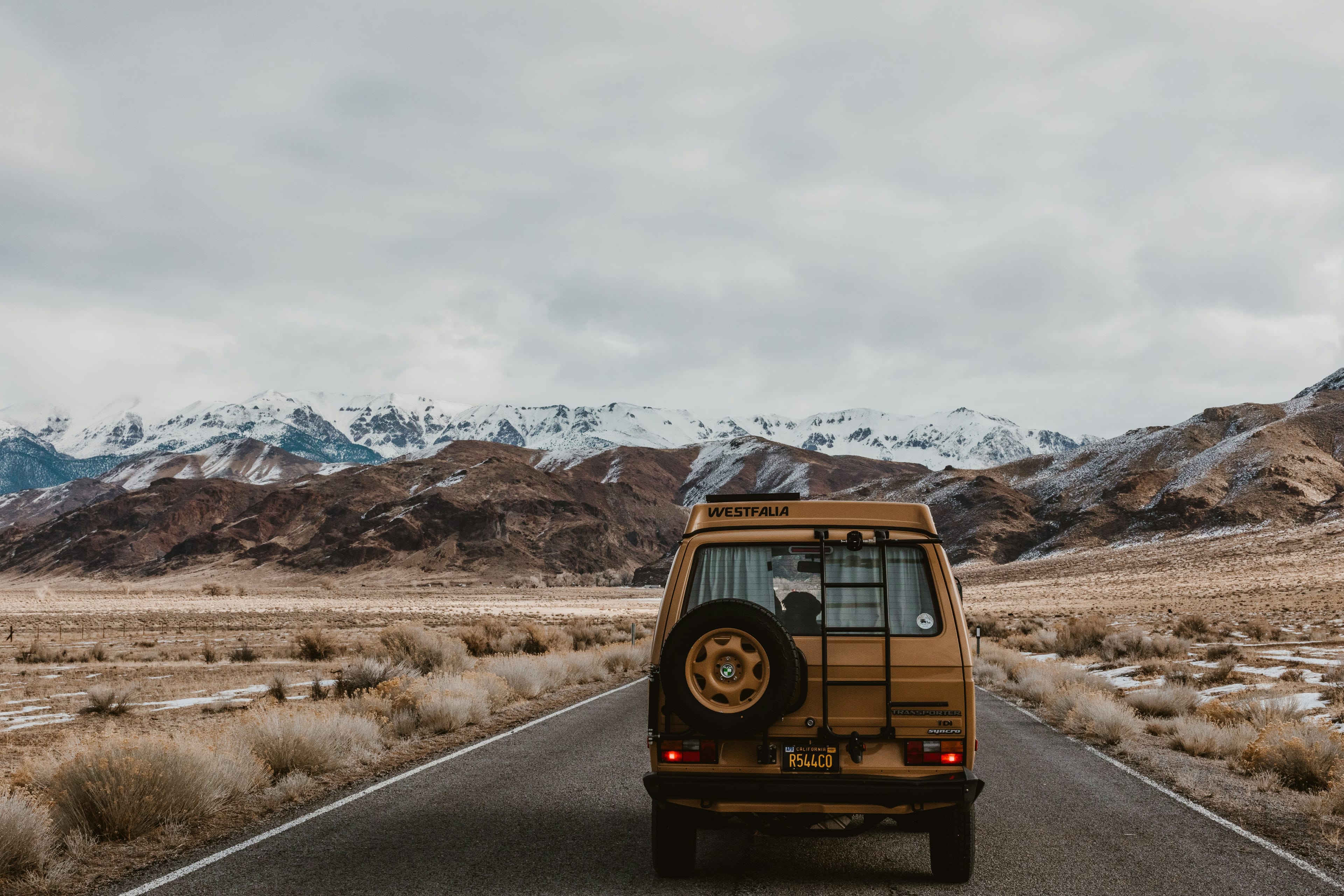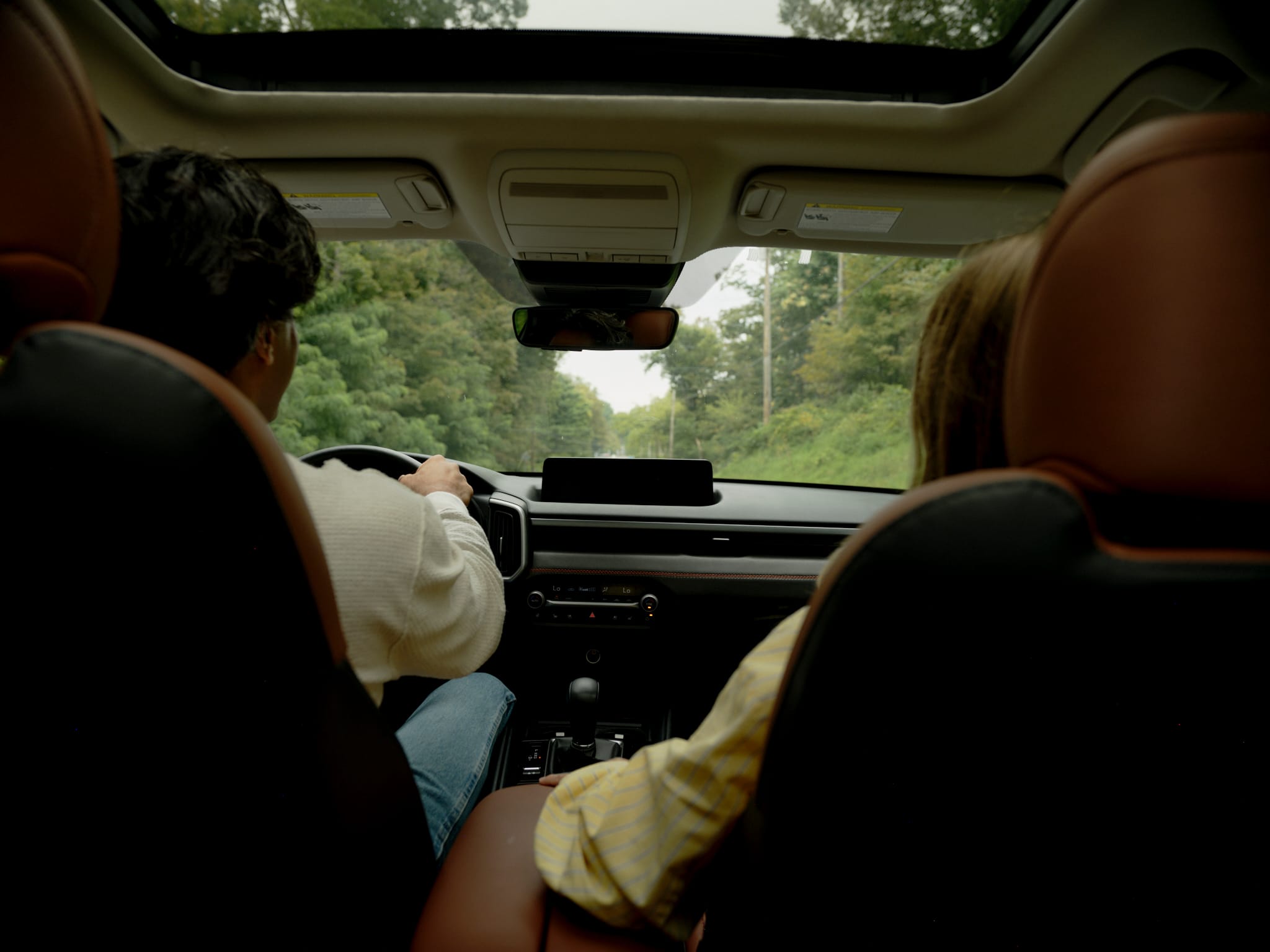Seven Predictions for the Road Ahead
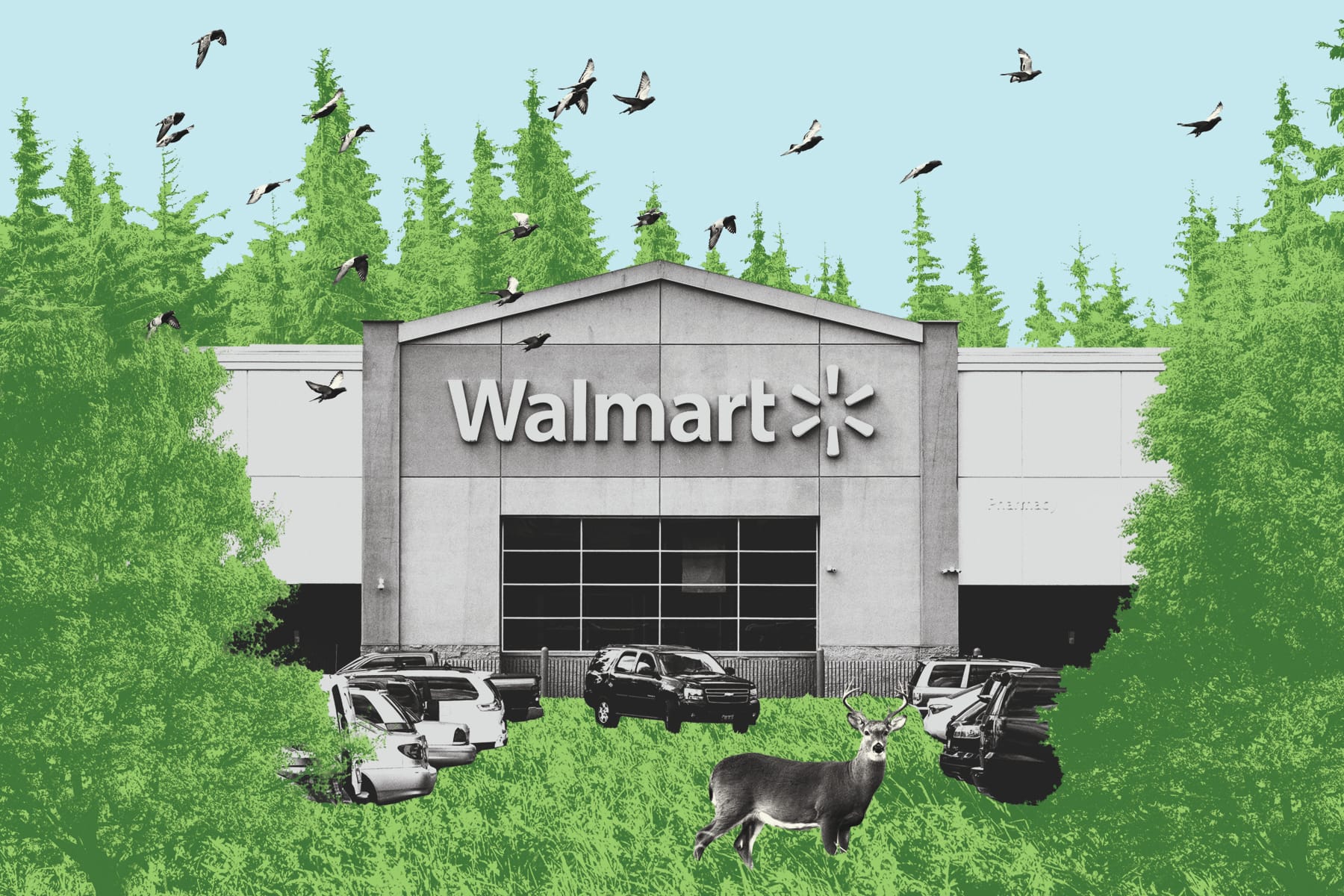
Illustration by Joan Wong
We interviewed futurists and leaders at Ford, REI, Rivian and beyond, and came away with bold ideas for future trends in transportation.
HOSPITALITY HORIZONS
“When we built El Cosmico, I took influence from the 1960’s and ’70’s counterculture—everything from hippie camping and living off the land to self-empowerment and skills-building. Stuart Brand’s Whole Earth Catalog was a major influence—an encyclopedia of how to live in new and revolutionary ways. We think of El Cosmico as a place for intrepid travelers. But in 20 years, the fearless traveler will probably be exploring the solar system, and other frontiers we can’t imagine yet. The biggest opportunity I see is in sustainability. El Cosmico will be the first hotel in the world to use ICON’s 3D-printed construction—the same technology they’re using with NASA to build the first infrastructure and eventually habitats on the moon and Mars. At the same time, for every advancement, there’s an equal passion for the past—for doing things in a low-fi, low-tech, hands-on way that is a balance to that futurism. The experience of sleeping beneath a vast canopy of stars on a big swath of open land. I don’t think discovery will ever be engineered out of the human experience. Human beings have a magical ability to find joy and discovery and beauty.”
— LIZ LAMBERT, HOTELIER AND DESIGNER

We Will Rewild Walmart
RVs in superstore lots is an American saga. Start with folksy origins, as RV-loving Sam Walton welcomes travelers to his place(s). Then watch complications ensue. (Hurricanes, pandemic, nomadic lives—even Walmart spots can be tough to get.) Can the next chapter plant a new seed? “Rewilding” sews nature back into man-made spaces with native plant species, wildlife habitat and a hands-off approach to flora and fauna. In urban areas like Detroit, vacant lots now foster pollinators and peregrine falcons; in rural Europe, abandoned farms are returning to rangeland. Imagine overnight spots sheltered by native shrubs, clover-covered berms between parking slots and easy-draining gravel where asphalt used to sprawl. (Hat-tip to Virginia design studio D.I.R.T. for an inspiringly verdant Detroit parking lot makeover.)
Everyone will be on the road.
“RVing changes with each generation,” says McKay Featherstone, senior vice president of global innovation at THOR Industries, owner of Airstream, Jayco and others. Indeed, a 2023 report found the median age of new RV buyers was just 33, signaling a profound shift. The audience for road-trip-ready vehicles—and different ways to live—will only grow more diverse from here. Vehicle makers will need to cater to generations who have always roamed for work and school. “We have some work to do to make the digital experience seamless,” Featherstone notes.
Gear over Fear
For outdoor giant REI, the future means erasing fears for any camper. Nate Borne, the Seattle-based co-op’s director of product strategy for gear and cycle, knows well what stirs anxiety in the wild. A bad night’s sleep. Weather extremes. Wi-Fi dead zones. “We solve problems with the gear we design,” Borne says. And while innovation could push the imagination—reinventing the campfire, or creating bug-repellent apparel—the biggest gear fear is simple: Will my stuff last? “The key is to thoughtfully enable repairability,” Borne says: gear that lasts a long, long time.
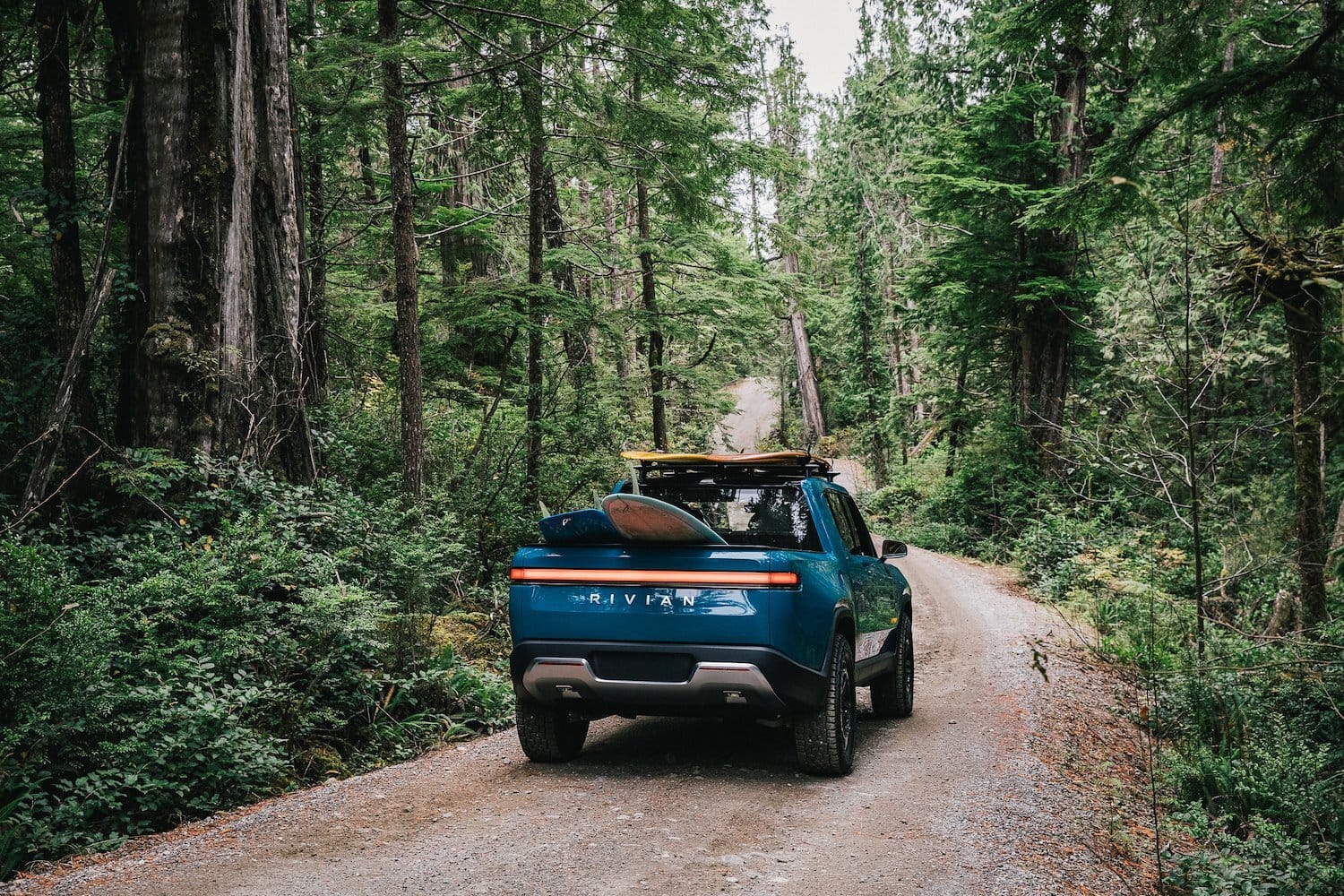
LOW-VOLUME EXPLORATION
The future will be quiet, says Denise Cherry, vice president of experience design at Rivian. “There is something beautiful about seeing nature in an EV,” she says. “You roll windows down and it sounds like you’re walking.” After selling nearly 50,000 EVs last year and securing a $5 billion investment from Volkswagen, Rivian’s growth may lead to less noise pollution in the outdoors—something Cherry sees as a pathway to environmentalism. “The way you instill a conservationist mindset,” she says, “is to have people fall in love with the places they’re going.”
The Future of the Road
From electric RVs to next-gen campgrounds, the American road trip is changing fast. We asked 25 experts what's next. To see where the journey is headed, explore our Future of the Road coverage.

Read more like this

